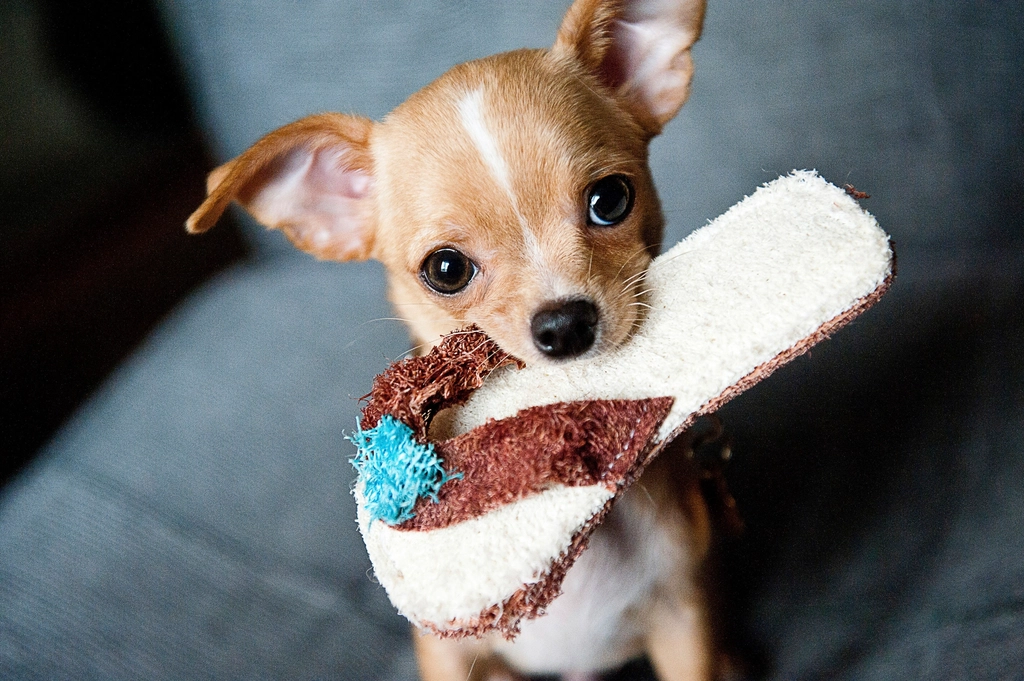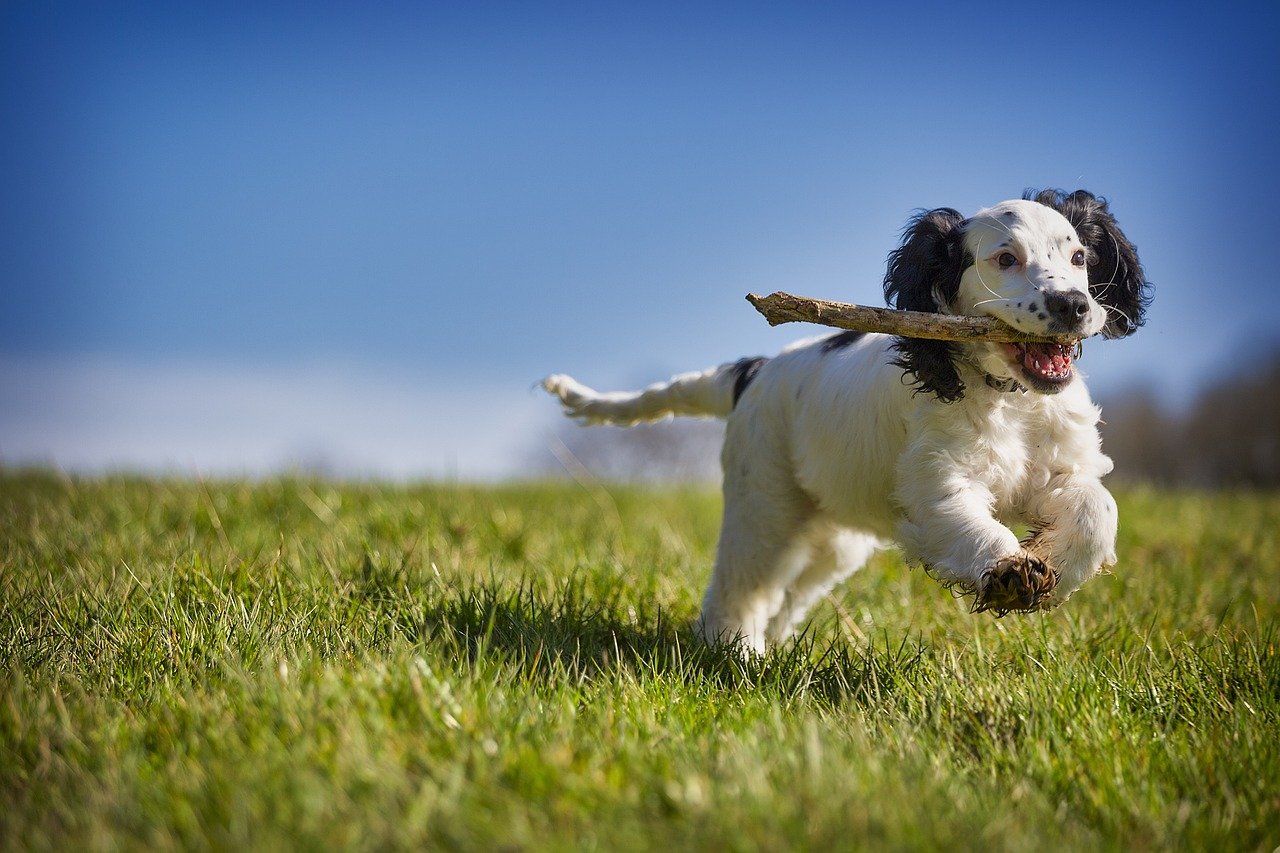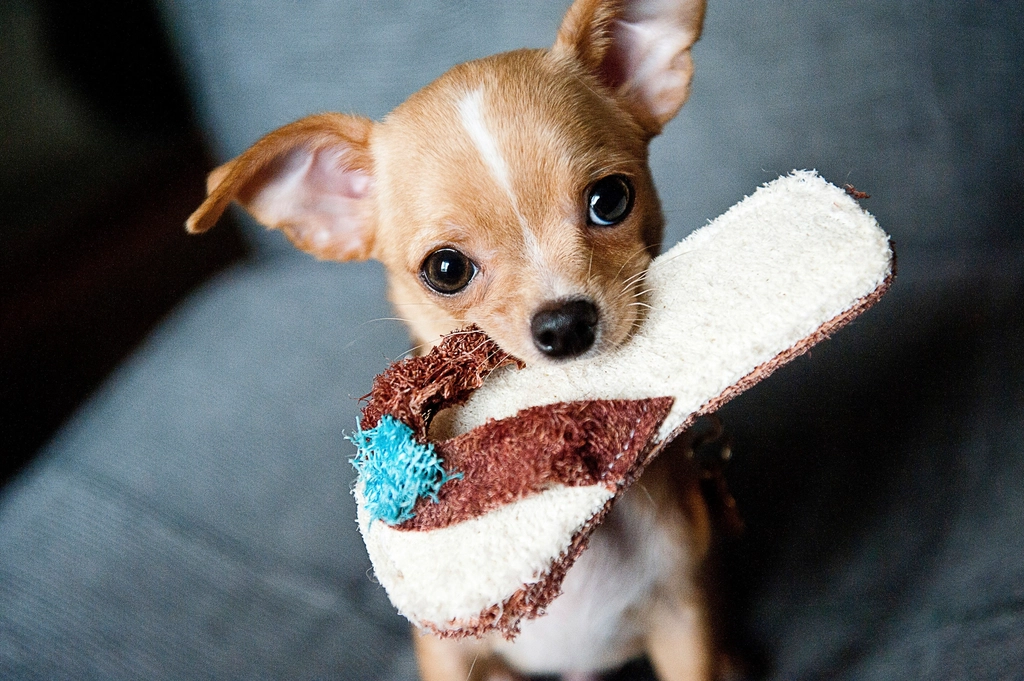Dogs have been our companions for thousands of years, sharing our homes and lives with a loyalty that warms our hearts. But beyond their wagging tails and eager barks, many dog owners often wonder if their furry friends possess a more complex trait—a sense of humor. While we chuckle at our pooch’s antics, the question remains: do dogs really have a sense of humor, or are their mischievous behaviors simply instinctual? Let’s explore this delightful topic and take a look at the playful side of our canine companions.
The Curious Case of the Play Bow
One of the most recognizable behaviors in dogs is the play bow. This is when a dog lowers its front legs while keeping its hind legs straight, signaling a desire to play. It’s almost as if they are saying, “Let’s have some fun!” This gesture is often accompanied by wagging tails and playful barks, inviting both humans and other dogs to join in the merriment. The play bow is a clear indicator that dogs enjoy engaging in playful activities, hinting at a sense of humor that delights in the joy of play. It’s comparable to a child inviting a friend to join in a game of tag, showcasing the universal language of playfulness.
Understanding Dog Pranks: Are They Intentional?

Have you ever caught your dog stealing a sock or hiding your shoes? To many dog owners, these playful pranks seem intentional, as if their furry friend is trying to get a rise out of them. While it’s tempting to attribute these actions to a sense of humor, they often stem from a dog’s natural curiosity and desire for interaction. Dogs might not understand the concept of a prank, but their actions certainly entertain us! Imagine a toddler giggling after pulling a harmless trick on their parent; dogs often create similar moments of surprise and laughter.
The Role of Laughter in Dog-Human Interaction
Laughter strengthens the bond between dogs and humans. When a dog does something amusing, our laughter acts as positive reinforcement, encouraging them to repeat the behavior. This interaction creates a cycle of joy and playfulness that enriches the relationship between pet and owner. Dogs, in turn, seem to enjoy the sound of our laughter, responding with wagging tails and happy expressions. This mutual enjoyment suggests that dogs are capable of recognizing and responding to the emotions of their human companions, even if they don’t fully understand the concept of humor as we do.
Playful Breeds with a Knack for Comedy
Certain dog breeds are known for their playful nature and knack for making their owners laugh. Breeds like the Labrador Retriever, Jack Russell Terrier, and French Bulldog are often described as having a “clownish” personality. These dogs thrive on interaction and often engage in behaviors that seem to be designed to amuse those around them. Their playful antics, from chasing their tails to performing silly tricks, make it easy to believe they have a sense of humor. Just like a class clown, these dogs thrive on attention and seem to enjoy eliciting laughter from their audience.
Canine Communication: Decoding the Dog’s Smile
Dogs are expert communicators, using a combination of body language and vocalizations to express their emotions. A dog’s “smile” is often a sign of contentment and relaxation, though it can also be a playful gesture. When a dog flashes that toothy grin, accompanied by a wagging tail and playful demeanor, it’s hard not to see this as a sign of humor. It’s akin to a human smile, conveying happiness and a desire to share in the moment. Understanding these cues helps us appreciate the playful nature of our dogs, even if their “humor” isn’t quite the same as ours.
Observing Mischievous Behavior: A Window into Canine Thoughts
Mischievous behavior in dogs often gives us a glimpse into their thought processes. Whether they’re sneaking a treat from the table or playfully barking at their reflection, these actions show a level of cognitive engagement and curiosity. Dogs explore the world around them with enthusiasm, sometimes crossing the lines of what we consider acceptable behavior. While they may not have a concept of humor, their antics often entertain us, providing a window into their playful and sometimes mischievous nature. It’s like watching a child learn and grow, finding joy in simple discoveries.
The Science Behind Play: Is There Room for Humor?

Scientific studies on animal behavior suggest that play is an essential component of a dog’s development and well-being. Playful interactions help dogs learn social cues, build relationships, and develop problem-solving skills. While the concept of humor as humans understand it may not be present, the joy and engagement seen in playful behaviors suggest a form of enjoyment that closely resembles it. Dogs experience pleasure from play, and their enthusiastic participation in these activities hints at a deeper capacity for enjoyment. This playful nature, though not humor in the human sense, enriches their lives and ours.
Celebrating the Joy of a Dog’s Playful Spirit
Whether or not dogs have a sense of humor, their playful spirit brings immense joy to our lives. Their antics, from chasing their tails to performing funny tricks, create moments of laughter and happiness. Dogs remind us of the simple pleasures in life, encouraging us to embrace play and find joy in the present moment. Their ability to bring a smile to our faces is a testament to their role as beloved companions, enriching our lives with their boundless energy and affection. Just like a cherished friend, a dog’s playful nature brightens our days and fills our hearts with warmth.
Jen is a passionate nature lover and ocean conservationist. She has dedicated her life to protecting the environment and preserving the beauty of the natural world. Growing up in a small coastal town, Jen sincerely appreciated the ocean and its inhabitants. She has spent countless hours exploring the shoreline, learning about the creatures that inhabit the waters, and advocating for their protection. Jen is an active member of ocean conservation organizations, and she is committed to educating the public about the importance of conserving wildlife and the natural environment.






